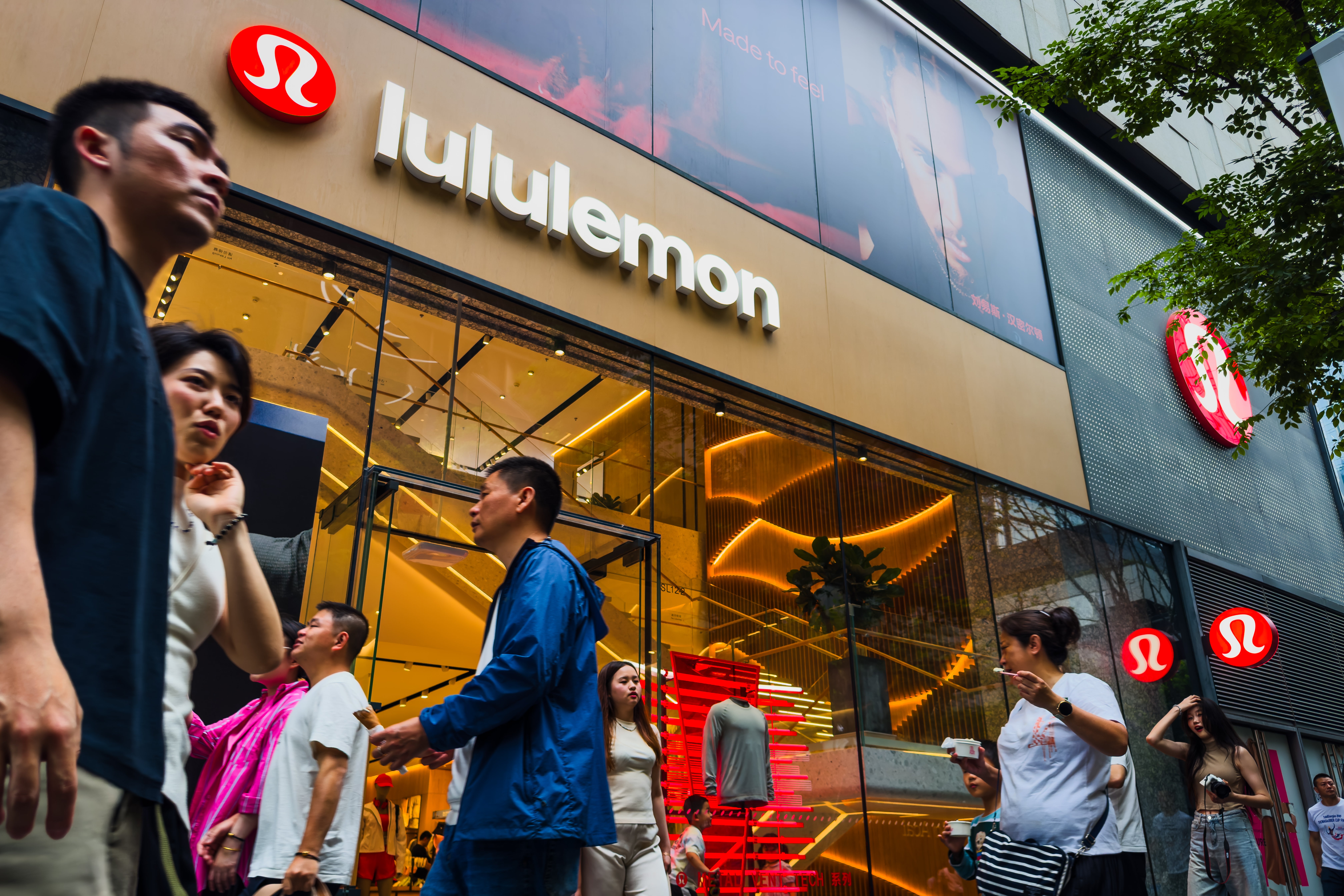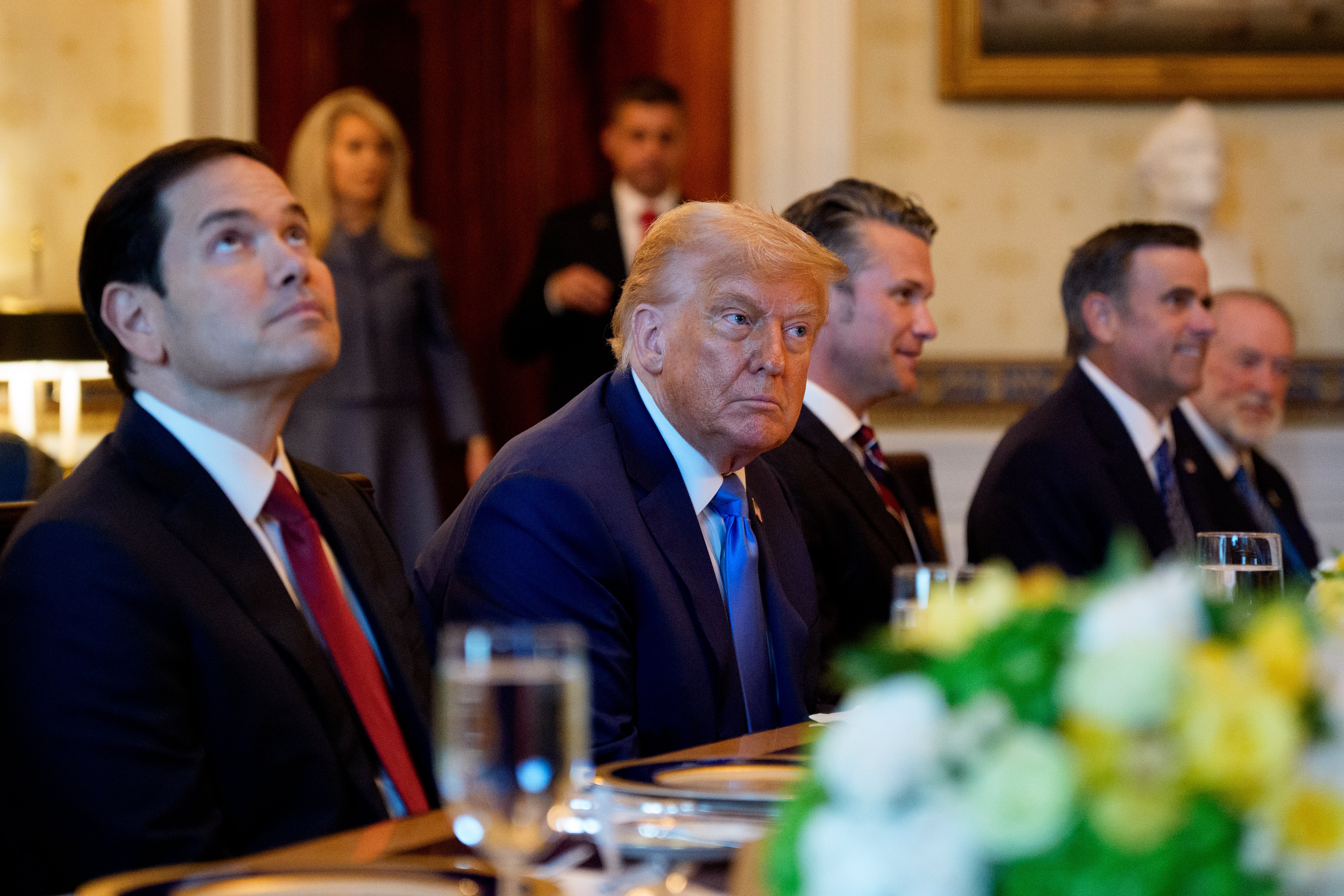China has warned US president Donald Trump against reigniting trade tensions by reimposing tariffs on Chinese goods and threatened retaliation against countries siding with Washington at Beijing’s expense.
In a strongly worded commentary published by the People’s Daily, the official newspaper of the Chinese Communist Party, Beijing accused Mr Trump of “bullying” and insisted that “dialogue and cooperation are the only correct path”.
The article, signed “Zhong Sheng”, a pen name used to reflect the government’s official stance on foreign affairs, also warned other nations against entering into trade agreements with the US that exclude China from global supply chains, vowing to respond firmly to any such move.
“One conclusion is abundantly clear: dialogue and cooperation are the only correct path,” the commentary said, referring to the escalating tensions in the current round of China–US trade negotiations.
Reiterating Beijing’s position that the US tariffs are a form of economic coercion, the People’s Daily added: “Practice has proven that only by firmly upholding principled positions can one truly safeguard one’s legitimate rights and interests.”
In June, the US and China agreed to a trade framework that offered a fragile truce between the world’s two largest economies, following months of tit-for-tat tariff hikes. Mr Trump had imposed duties as high as 145 per cent on Chinese goods, to which China responded with its own retaliatory tariffs of between 30 and 125 per cent on American imports.

China now has until 12 August to reach a final deal with the White House, or risk Mr Trump reinstating the additional import restrictions previously applied during the tit-for-tat exchanges in April and May.
According to the Peterson Institute for International Economics, the average US tariff on Chinese exports now stands at 51.1 per cent, while China’s average tariff on American goods is 32.6 per cent – with both sides covering nearly all trade between the two countries.
The People’s Daily also issued a stark warning to regional economies: “China firmly opposes any side striking a deal that sacrifices Chinese interests in exchange for tariff concessions. If such a situation arises, China will not accept it and will respond resolutely to protect its legitimate interests.”
The warning came as US secretary of state Marco Rubio began his first trip to Asia where several nations are scrambling to hash out last-minute deals with the US.
The 8–12 July visit, billed by the State Department as an effort to reaffirm Washington’s commitment to the Indo-Pacific, coincided with President Trump’s announcement of sweeping tariffs on key regional allies and trading partners – a move likely to complicate Mr Rubio’s diplomatic mission.
Under the new measures, Japan and South Korea which are considered vital allies in countering China’s growing regional influence face 25 per cent tariffs on exports to the US from 1 August.

In addition, Mr Trump announced tariffs on six members of the Association of Southeast Asian Nations (ASEAN), including Malaysia, where Mr Rubio is due to attend ministerial meetings in Kuala Lumpur.
Malaysia will face a 25 per cent tariff, while Laos and Myanmar are subject to 40 per cent, Cambodia and Thailand 36 per cent, and Indonesia 32 per cent.
Last week, Vietnam secured a tariff reduction to 20 per cent from 46 per cent with a deal for goods “transshipped” through it, typically originating from China, to be subjected to a levy of 40 per cent
“China firmly opposes any side striking a deal that sacrifices Chinese interests in exchange for tariff concessions,” the paper said.
“If such a situation arises, China will not accept it and will respond resolutely to protect its legitimate interests.”

